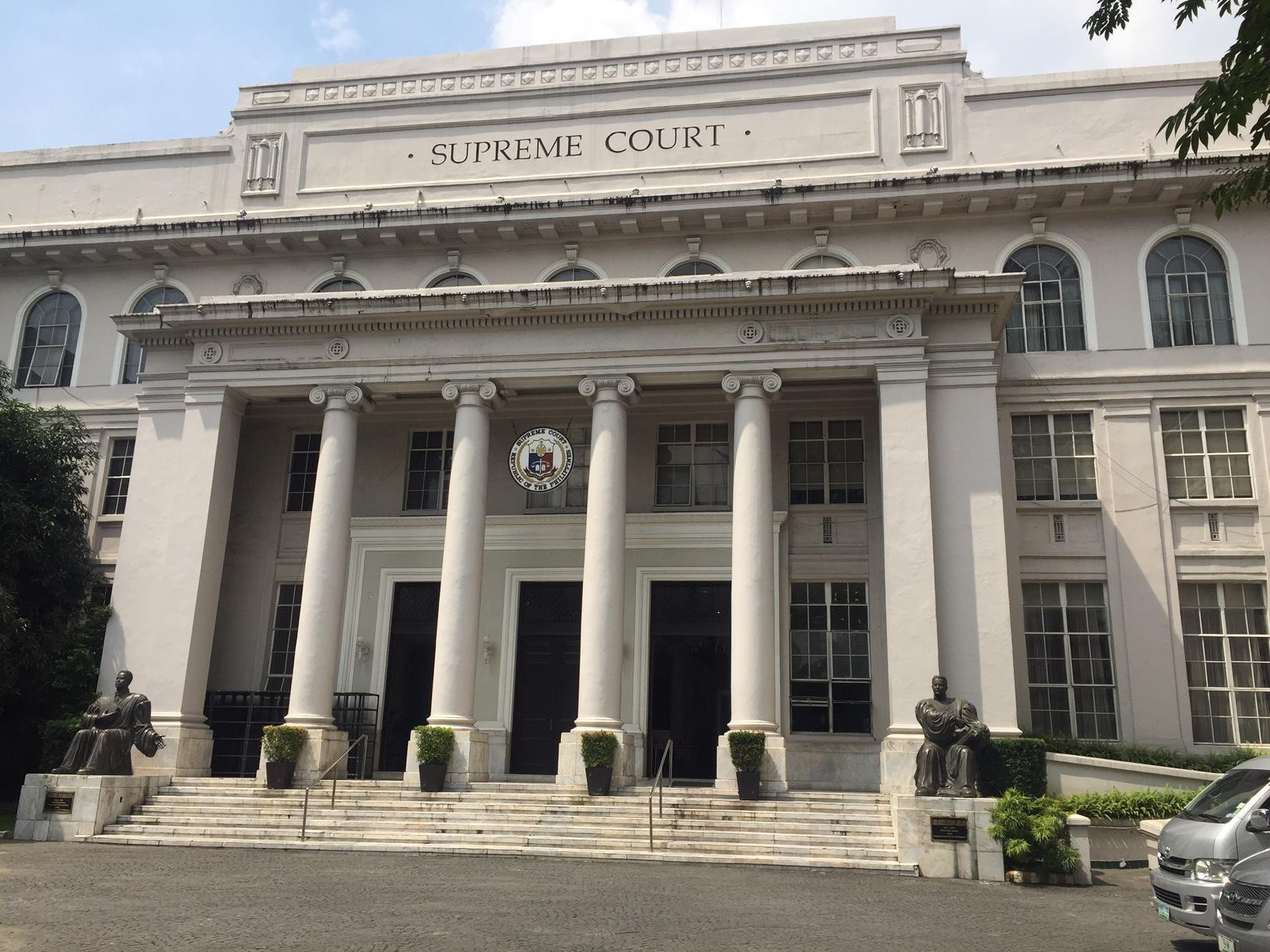SC to remove judges” power to conduct preliminary probe — DOJ official
By JOAHNA LEI CASILAO, GMA Integrated News Published March 25, 2024 3:29pm The Supreme Court is set to remove the power of court judges to conduct a preliminary investigation or review the findings of the Department of Justice (DOJ) on whether there is sufficient ground that a crime has been committed, an official said Monday. […]


By JOAHNA LEI CASILAO, GMA Integrated News
The Supreme Court is set to remove the power of court judges to conduct a preliminary investigation or review the findings of the Department of Justice (DOJ) on whether there is sufficient ground that a crime has been committed, an official said Monday.
During the launch of the Dagupan City Justice Zone, Justice Undersecretary Raul Vasquez said the Supreme Court is set to amend Rule 112 of the Rules of Court by removing preliminary investigation, which means that the court will immediately hold a trial following the filing of an information.
“Ah, mapapabilis dahil ‘yan ay wala na ‘yung tinatawag na motion for judicial determination of probable cause… Pagkatapos ng preliminary investigation, trial na,” Vasquez said in an ambush interview.
(It will speed up the process because the so-called motion for judicial determination of probable cause will be removed. After the preliminary investigation, the trial will start.)
“Hindi mo na pwede ibalik pa ‘yan para i-determine na kung meron bang ebidensya na isampa ‘yung kaso. Kasi ‘yung pagsampa at hindi pagsampa ng kaso ay katungkulan na eklusibo at nakalaan na lamang ‘yan sa Department of Justice (DOJ),” he added.
(You can no longer return it to determine if there is evidence to file the case. Because the decision to file or not file a case is an exclusive responsibility of the DOJ).
Under the rule, officers who are authorized to conduct preliminary investigation include judges of municipal trial courts and municipal circuit trial courts.
“Hereafter, and true to its purely executive character, preliminary investigation will be the sole and exclusive domain of the DOJ,” Vasquez said.
Aside from this, the DOJ official said they are also looking into the possibility of releasing persons deprived of liberty (PDLs) through medical parole.
He said the agency will form a technical working group composed of representatives from the DOJ, the Department of Health, and other non-governmental organizations.
“May mga instances kasi na hindi pa sila entitled sa executive clemency pero kung ang isang akusado, for example, ‘yung isang PDL ay sobra na yung sakit niya, may nakalagay na taning sa buhay niya o ‘yung sakit niya ay nakakarimarin at kailangan siya alisin at ilagay sa ospital,” he said.
(Because there are instances when they are not entitled to executive clemency but, for example, a PDL who is very sick has limited time or he needs to be placed in the hospital.)
The event was for the launch of the Dagupan City Justice Zone by the Justice Sector Coordinating Council (JSCC) composed of the SC, the DOJ, and the Department of the Interior and Local Government (DILG).
This is the 13th justice zone to be established in the country with other zones in Quezon City, Cebu, Davao, Angeles, Bacolod, Naga, Calamba, Balanga, Baguio, Zamboanga, Tagaytay, and Puerto Princesa.
In attendance were Vasquez, Chief Justice Alexander Gesmundo and other SC justices, and DILG Undersecretary Lord Villanueva.—AOL, GMA Integrated News














